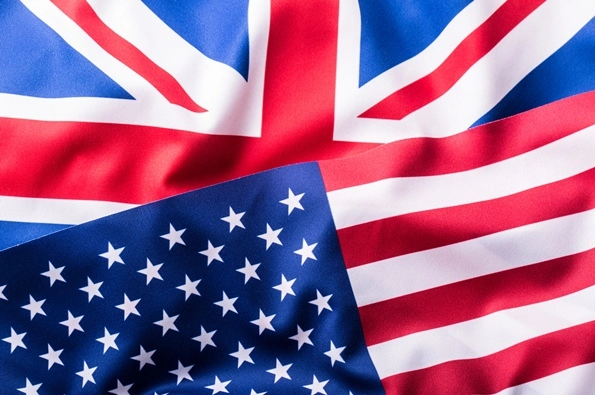


English is the official language in a total of 67 different countries around the world. In this article, we are going to learn how to speak more professionally by turning basic/ general English into business English. By doing this, you will sound more confident and professional in the workplace.
In order to transform your English vocabulary, we first need to look at the differences between the two types of English. Business English is learned and used for specific purposes. There are many generic terms in business English and regardless of the industry you work in, you have to know these terms. On the other hand, basic English contains day to day vocabulary. While both are forms of communication, the approach and objectives of learning and using these two vary from each other.
Differences Between Basic English and Business English
1. Difference in Purpose
Basic English focuses more on day to day conversation and involves the use of basic vocabulary and grammar. It leans more towards an informal and casual tone. On the other hand, business English has a purpose, a direction and need. It is more specific because it is applied in a more professional context. It is more task-oriented.
2. Specific Terms
Business English vocabulary has specific terms a speaker can use for the business he/ she is representing such as accounting, marketing, and so on. While in general English vocabulary, a speaker may or may not have a specific term related to his/ her everyday situation. Those who learn the basic might not find they need to learn specific terms since they are only required to use words that are conversational.
3. Formal and Informal
The simplest difference between business English and basic English is that the latter is more informal. Business English mostly uses formal language and tone.
Basic/ casual English is often used in business contexts too, such as with your colleagues. However, in formal situations, such as with clients or people you do not know very well, you might want to use more formal language. Differences between the two are mostly shown through a change in vocabulary.






















